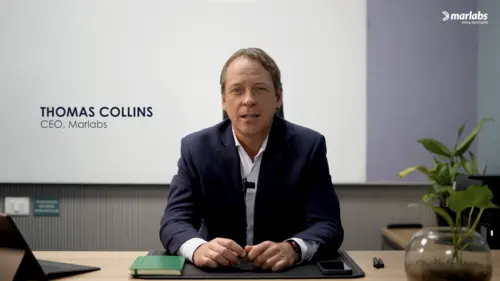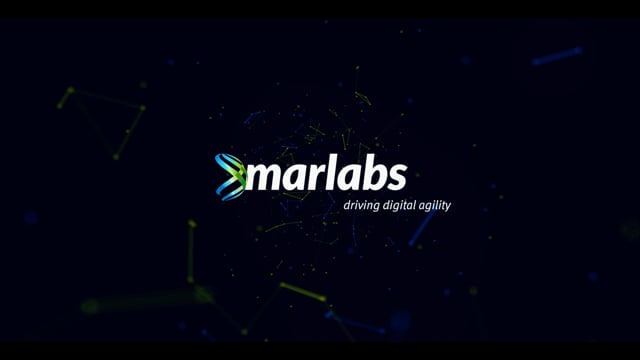Data & Analytics
Leverage AI and analytics for real-time insights, data-driven decisions, and organizational growth with our advanced capabilities.
























+1 (732) 694-1000
1 Corporate Plae South, 3rd Floor
Piscataway NJ 08854 – 6116



Contributors
No results found.
he client, headquartered in Germany, is one of the world’s oldest and largest research-intensive biopharmaceutical companies, with global sales of US$ 59.3 billion in 2022.
New drug discovery is an expensive, slow, and risky process. Acquiring regulatory approval before new drugs can be placed on the market is highly challenging. The complete process can take ten years or more, with the average estimated cost of developing a new drug at around US$ 2.6 billion. Reducing these time frames and costs is a key goal of pharma research companies. Meeting the goal successfully directly impacts global health: Diseases can be treated faster, saving more lives; the cost of treatment can be lowered, making health care available to larger populations.
The client’s global medical writing team needed to automate the process of extracting information from the clinical study protocol and transferring it to PharmaCM, a clinical trial disclosure application central to managing regulatory compliance. This process was being managed manually by an external partner. The operations were slow, expensive, and error-prone, offering significant potential for improvement. To do this, the client needed to automate the process, resulting in improved process speed, boosting efficiency, and lowering costs.

Related Industries
Related Services
The Marlabs team used RPA in the form of CODIbot (Content for Disclosure bot). CODIbot extracts the data and transfers it to PharmaCM. More than 80% of the data fields were automated. Once the data is entered into PharmaCM, CODIbot sends a summary report to the research team.
To do this successfully, the Marlabs automation experts collaborated with the client’s medical writing team to update the clinical study protocol template. This enabled further automation so the data could be reused. In addition, the confidentiality of protocol documents, an essential compliance requirement, was assured using appropriate storage and encryption processes.
The automation team classified PharmaCM data fields into three groups:
Now, when the client’s clinical trial protocol team creates a new study and PharmaCM uploads the data to a file share, an email is sent to start CODIbot. First, CODIbot checks to see if the file has been processed before. If not, it extracts pre-specified protocol content such as study title, secondary ID, brief summary, ARMS and intervention section, study endpoints, eligibility criteria, and some administrative details. To do this, CODIbot uses a set of validation rules. Then, the extracted data is entered into PharmaCM, and an email is sent with a summary of the outcome and the execution report. If the process is unsuccessful, the report shows the reason for the failure. In addition, errors are collected by the team to improve the process further.
The technologies used to create the automation included process mining, RPA, OCR, AI-based intelligent automation, and conversational AI.
The automation effectively addressed several key areas to cut manual effort while improving process quality, consistency, and efficiency. The other benefits included: